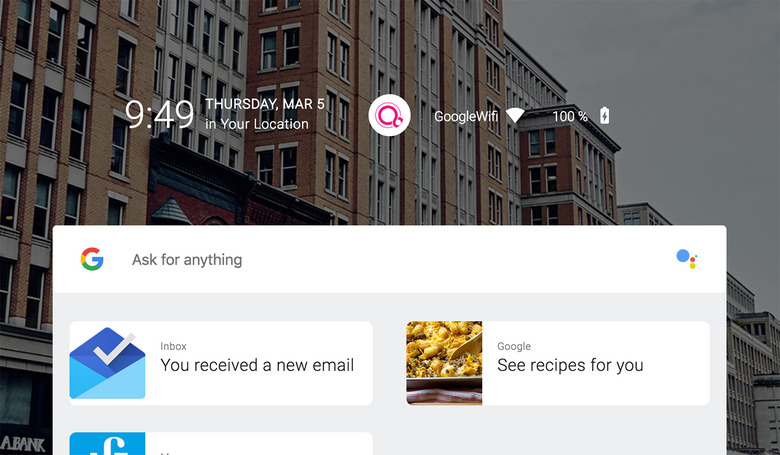Google's Mysterious New OS May Soon Replace Android, But It'll Still Run Android Apps
Google isn't ready to talk about it publicly, but Fuchsia does exist. It's a third OS that'll supposedly replace Android and Chrome OS at some point down the road. We've already seen Fuchsia in action, and we know it's supposed to work on a variety of devices, regardless of form factor. Fuchsia will run on phones, tablets, and laptops in the not-too-distant future.
The good news is that if Google finally does decide to kill off Android and replace it with Fuchsia, it won't really kill your Android experience.
There are plenty of reasons Android is great for users and device makers, and it's not like the mobile operating system will simply disappear once the first official Fuchsia build rolls out. But there is one major reason for Google to want to replace it, and that's the current state of the Android ecosystem.
Unifying Android and Chrome into a single experience that would offer users the same set of features regardless of device or screen size is another reason why Fuchsia could be great. And you shouldn't worry about this potential move from Android to Fuchsia, especially if you're a hardcore Android user. Your Android experience and your Android apps will still work on Fuchsia.
Fuchsia OS just showed up in AOSP, but most importantly, in the ART (Android Runtime) branch. Looks like they're building Fuchsia with ART...which would suggest native Android app support.https://t.co/2BzpvTxf9d pic.twitter.com/xZaktz1wcp
— Mishaal Rahman (@MishaalRahman) April 26, 2018
That's something we suspected for a while, but a new discovery reveals that native Android app support is in the cards for Fuchsia. So whenever Google and its partners start launching Fuchsia-based devices, these gadgets will be able to run all your current Android apps. Or, at least, that's what the code suggests.
That's hardly surprising, considering that Chrome OS also supports Android apps. Whenever Fuchsia arrives, it should be available to users alongside Android and Chrome OS for a few years. So it'll have to run Android apps right out of the box, because that's the only way for Android users to experience a smooth transition from Android to Fuchsia. It's also a must for Google's Play store. After all, the company isn't looking to alienate developers. Instead, it probably wants Fuchsia users to get access to as many apps as possible right out of the box.
Before you get too excited about Fuchsia, however, you should know we're probably a few years away from its arrival. Meanwhile, Android P is Google's next major release for Android, and we'll learn more about it next month at Google I/O.
